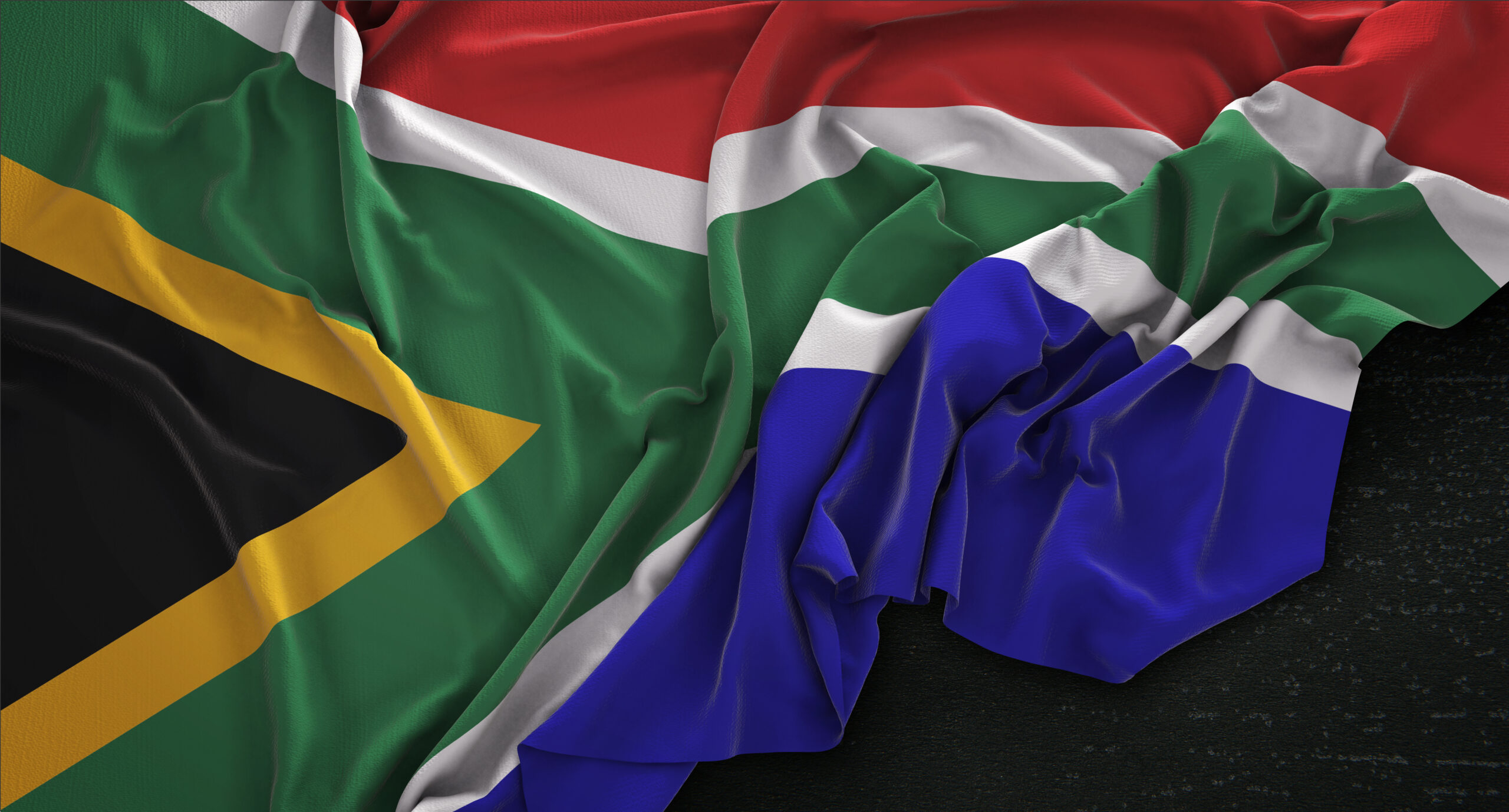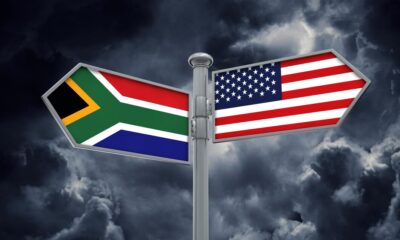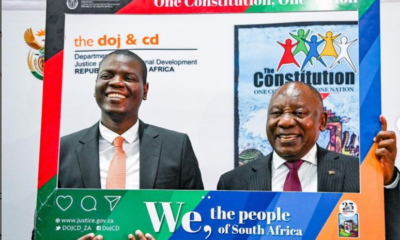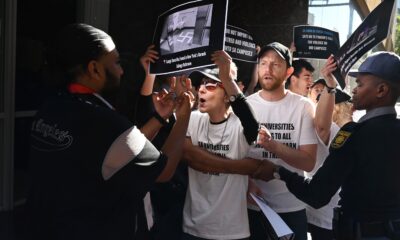
OpEds

The company SA keeps
South Africa’s minister of international relations and cooperation, Dr Naledi Pandor, signed a memorandum of understanding with Syria this week. Last month, she was in Tehran, meeting the leadership of the Islamic Republic of Iran. After the 7 October attack on Israel, she was one of very few leaders to phone terrorist group Hamas, which claimed responsibility for the atrocities.
South Africa has friendly ties with countries such as Cuba, North Korea, and Venezuela. These states and terrorist organisations have appalling human rights records and pitiful rankings for the quality of their democracy. This should matter to South Africa, which prides itself on making human rights the bedrock of its foreign policy. So why is it consorting with all of Israel’s enemies?
In December 1993, a seminal article purportedly written by Nelson Mandela appeared in the prestigious journal Foreign Affairs. The piece was in fact penned by a group of left-leaning academics. Nevertheless, this article outlining the contours of foreign policy under the soon-to-be-elected African National Congress (ANC) government stated, “Human rights will be the light that guides our foreign affairs.”
Over the past 30 years, this claim has been thrown back in the government’s face by its critics, including the political opposition, academia, and journalists. Among many other examples: human rights seemed to matter little when South Africa quietly watched election after election being stolen in Zimbabwe as political violence, or the threat of it, was unleashed on Zimbabwean citizens. Human rights were sidelined when South Africa didn’t oppose the ruthless junta in Myanmar during South Africa’s first stint on the United Nations Security Council in 2007. Human rights wasn’t a factor when South Africa held joint military exercises with Russia and China in 2019 and 2023, the latter on the anniversary of the Russian invasion of Ukraine. In all these cases, pragmatism trumped principles.
According to the V-Dem Institute’s democracy indices, in 2023, out of 179 countries, China is ranked 177th; North Korea 175th; Myanmar 173rd; Syria 166th; Cuba 152nd; Iran 151st; Russia 145th; Venezuela 143rd; and Zimbabwe 127th. Ukraine is 105th. South Africa comes in at 51st; and Israel is 49th. Palestine (Gaza) is ranked 165th, by the way; and Palestine (West Bank) is 135th.
Syria has perpetrated killings, arbitrary arrests, enforced disappearance and displacement, torture, and abuse by authorities. In the first half of 2023, there were 501 civilians killed including 42 women and 71 children, according to the Syrian Network for Human Rights.
In its turn, Iran is also rife with unlawful or arbitrary killings by the government and its agents, harsh penalties for crimes, execution of teenage offenders, and restriction of free speech and the press. The United Nations recorded a record number of executions in Iran in 2022, as well as the arrests of thousands of children and many allegations of torture by government forces.
South Africa is a prominent country in the Global South, a loose term that covers developing countries around the world even if they lie geographically in the northern hemisphere. It’s a major state in the BRICS grouping of Brazil, Russia, India, China, and South Africa. BRICS added six more states to its ranks, including the Israel-hating Iran, during the summit meeting held in Sandton in August 2023.
Pretoria finds common ground with the aspirations and ideologies of fellow non-Western states. They are pushing for a multipolar world in which the United States isn’t the sole source of global power. South Africa loudly calls for reform of global governance institutions forged in the crucible of World War II.
But the politics of solidarity still hold considerable sway – when the ANC befriends you, you’re a friend for life. A multitude of sins will be ignored, downplayed, and forgiven. And South Africa apparently buys into the Sino-Russian argument that the West uses human rights as a stick to beat the Global South or stimulate regime change. Human rights aren’t seen as universal, to be enjoyed by everyone, but rather as a tool to be manipulated by Washington or Brussels or London to shame, embarrass, and disrespect southern governments.
And in the UN Human Rights Council (UNHRC) that sits in Geneva, South Africa has refused to vote in favour of any country-specific resolutions, shielding many despots and tyrants in Africa and further afield – with one notable exception. Item seven on the UNHRC at every single session is “Human rights situation in Palestine and other occupied Arab territories.” The very name of this item betrays its biases. South Africa consistently takes the strongest anti-Israel position possible in these discussions, and votes.
South Africa since 1994 has been one of Israel’s harshest international critics, as this current war with Hamas ably demonstrates. It’s myopically one-sided and biased, accusing Israel of a litany of crimes, and calling for the prime minister to be arrested by the International Criminal Court (ICC). It sees no irony in keeping quiet about the ICC warrant for Russian president Vladimir Putin, eventually persuading him not to attend the BRICS summit in person, where he would have risked arrest.
In another irony, South Africa vehemently opposes sanctions on Iran, Russia, and Zimbabwe. Sanctions were one of the pressures that brought down the apartheid regime in the 1990s. Of course, South Africa sees no problem in calling for sanctions against Israel.
I’ve often repeated a maxim that holds true here: “One’s enemies always commit human rights atrocities; one’s friends never do.”
- Steven Gruzd is a political analyst in Johannesburg. He writes in his personal capacity.










